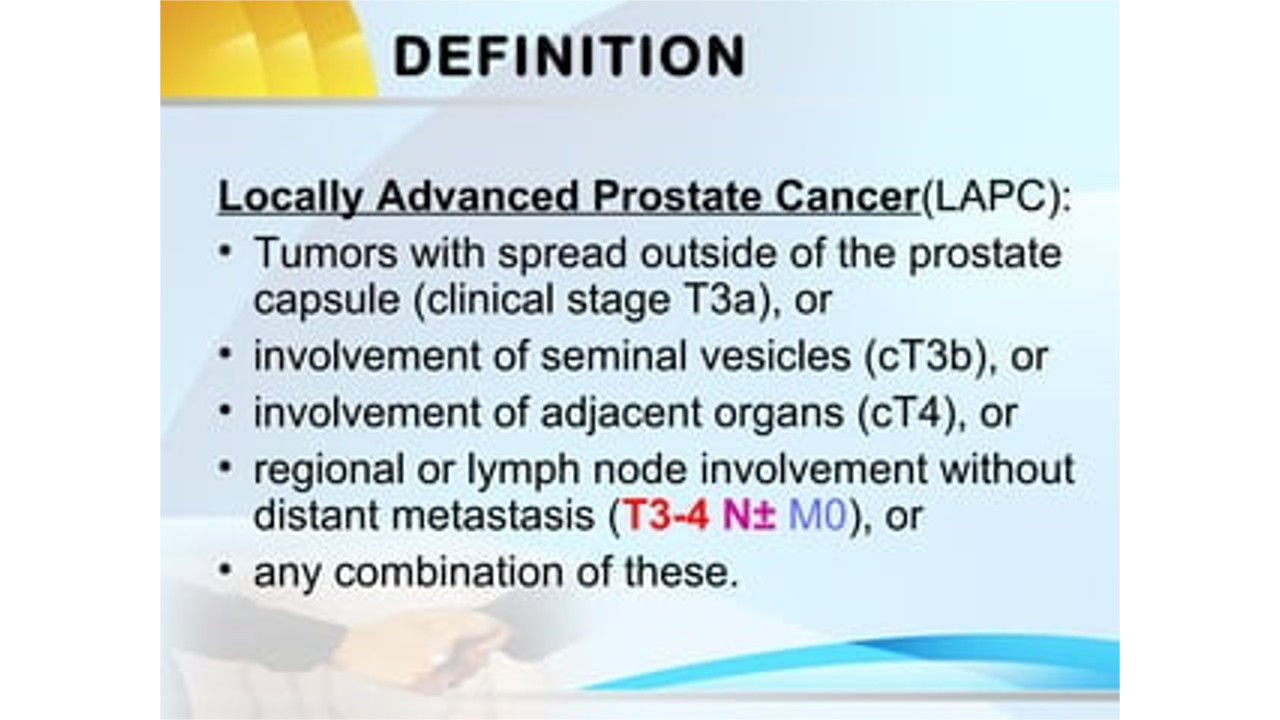When prostate cancer spreads beyond its origin, especially to bones or pelvic lymph nodes, it evolves into what medical professionals term as advanced prostate cancer. Recognizing the symptoms and understanding the diagnostic processes can significantly alter the trajectory of a patient’s journey with this disease.
Diagnostic Methods for Advanced Prostate Cancer
As the initial signs emerge and the prostate cancer advances, accurate and early diagnosis becomes crucial. Sophisticated diagnostic tools and techniques are utilized by physicians to gain insights into the disease’s progression and stage.
Prostate Biopsy
The cornerstone of prostate cancer detection lies in the prostate biopsy. It provides conclusive evidence of the cancer and gives insights into its aggressiveness. During this procedure, a sample is extracted from the area surrounding the urethra, guided by ultrasound or an MRI scan. The sampled cells undergo evaluation by pathologists, who subsequently assign Gleason grades. These grades determine the potential growth and spread of the cancer, shaping the treatment decisions.
Imaging for Advanced Prostate Cancer
The journey of diagnosing prostate cancer is multifaceted. It often involves a combination of imaging techniques to visualize the extent of cancer spread, especially when metastatic cells migrate to other body parts.
MRI Scan
Magnetic Resonance Imaging (MRI) stands out in its ability to offer intricate pictures of the prostate and its adjoining tissues. This technology aids in determining if the cancer has moved beyond the prostate to other regions like bones or lymph nodes. The MRI procedure involves lying still while a scanner revolves around the patient. To enhance image clarity, a dye is often introduced into the system.
Recognizing Advanced Prostate Cancer Symptoms
While many patients with advanced prostate cancer might not exhibit glaring symptoms, some noticeable signs do manifest, especially when the disease invades vital body regions.
CT Scan
For a more detailed look at the body’s internal structure, a CT scan proves invaluable. By offering cross-sectional imaging of organs and tissues, it shows tumor size and distinguishes between solid and liquid forms. The process often requires contrast dye, which can be ingested or injected, enhancing the image results.
Treatment Options and Pathways
When advanced prostate cancer is confirmed, a blend of treatments becomes paramount to manage the disease and improve the patient’s quality of life.
Urinary Tract Surgery
As the disease progresses, surgical interventions, such as Holmium Laser Enucleation of the Prostate, may be deemed necessary. This minimally invasive procedure eliminates obstructing prostate tissue. Coupled with other procedures like radical cystectomy, innovative solutions like Indiana Pouch or Neobladder systems are introduced to create new urinary pathways.
Conclusion
While “What is Advanced Prostate Cancer” might evoke apprehension, it’s pivotal to understand that the journey, though challenging, can still offer a quality life. Engaging with healthcare professionals, staying informed, and adopting prescribed treatments can foster resilience and hope in this fight.
Frequently Asked Questions
- How is advanced prostate cancer different from early-stage prostate cancer? Advanced prostate cancer signifies that the disease has spread beyond its origin, while early-stage remains localized.
- What lifestyle changes can benefit someone with advanced prostate cancer? Embracing a balanced diet, managing stress, staying physically active, and regular medical check-ups can significantly benefit patients.
- How often should one get screened if they’re at risk for prostate cancer? Regular screenings, especially after age 50 or if there’s a family history, are advised. However, the exact frequency should be discussed with a healthcare provider.
- Can advanced prostate cancer be prevented? While there’s no surefire prevention method, a healthy lifestyle, timely screenings, and early detection can reduce risks.
- Are there support groups for individuals with advanced prostate cancer? Yes, numerous organizations offer support groups, both online and offline, providing emotional support and resources for patients and their families.


